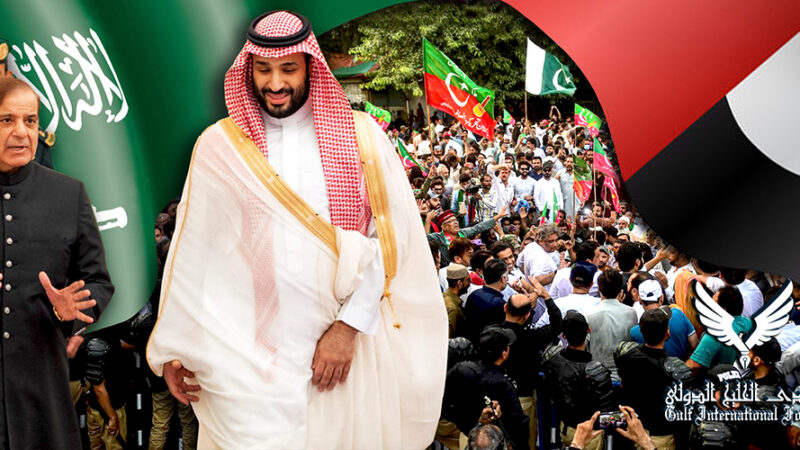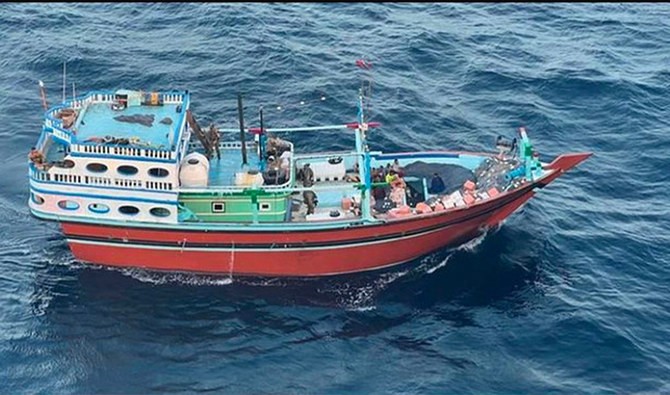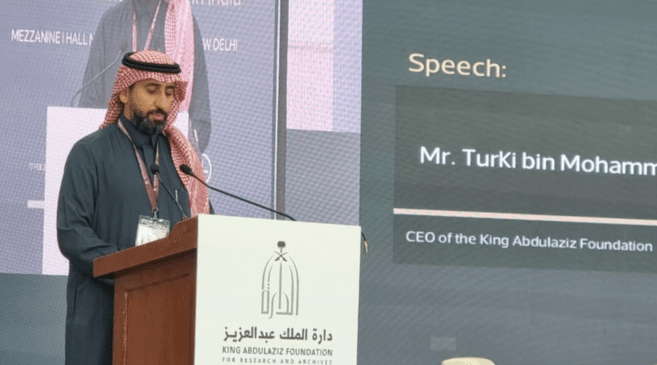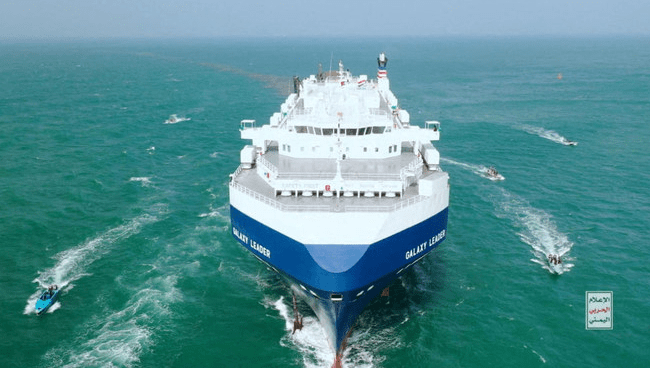Dozens wounded after rival protesters clash in Lebanon’s Capital

Advertisement
Lebanese capital witnessed hundreds of protesters crowding the streets on Saturday to decry the collapse of the economy, leading to clashes between supporters and opponents of the Iran-backed Shiite group Hezbollah.
It was the first major anti-government rally attracting demonstrators from across the country since authorities relaxed a lockdown imposed in mid-March to fight the spread of the coronavirus.
Clashes between protestors and security forces occurred at the protest hub of Martyrs Square in the centre of Beirut with the forces firing tear gas at the former.
“Forty-eight were wounded in the violence, 11 of whom were hospitalized, while the rest were treated at the scene”, the Lebanese Red Cross said.
21-year-old Christina, who joined the protests said: “We came on the streets to demand our rights, call for medical care, education, jobs and the basic rights that human beings need to stay alive.”
Many protesters wore face-masks as part of hygiene measures imposed to fight the pandemic, which has severely exacerbated an economic crisis, the worst since the debt-burdened country’s 1975-1990 civil war.
But Saturday’s protest turned violent as supporters of Hezbollah clashed with some demonstrators who were demanding that the group disarm. Hezbollah is the only group to have kept its weapons since the end of the Lebanese civil war.
“No to Hezbollah, no to its weapons,” said a sign held up by Sana, a female protester from Nabatiyeh, a city in southern Lebanese, a Hezbollah stronghold. “Weapons should be only in the hands of the army,” said the 57-year-old.
Supporters and opponents of Hezbollah threw stones at each other prompting the army to intervene by forming a human chain to separate them.
Lebanon has been rocked by a series of political crises in recent years before an economic crunch helped trigger unprecedented cross-sectarian mass protests in October.
The demonstrations forced the government to resign and a new one headed by Prime Minister Hassan Diab was approved by parliament in February, tasked with launching reforms and combatting corruption.
But many Lebanese say the new administration has failed to find solutions to the country’s manifold problems, including a grinding recession and spiraling inflation.
A sign held by protesters on Saturday called for “a government that eliminates corruption, not one that protects corruption.”
Advertisement





